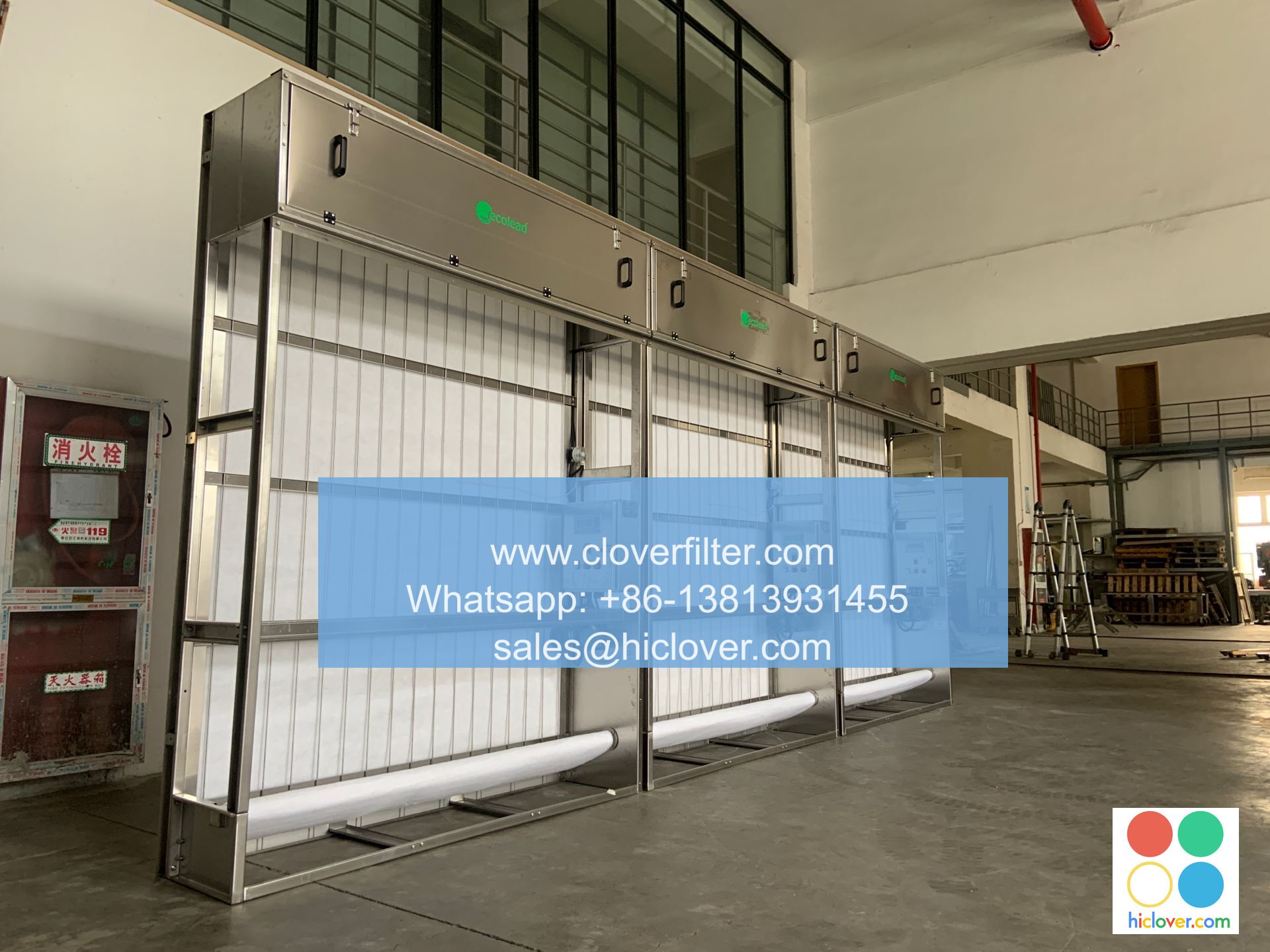The Environmental Impact of High-Performance Air Filters

The Environmental Impact of High-Performance Air Filters: A Game-Changer for a Sustainable Future
As the world grapples with the challenges of climate change, air pollution, and sustainability, the importance of high-performance air filters cannot be overstated. These advanced filters are designed to capture even the smallest particles, including pollutants, allergens, and contaminants, to provide cleaner air for humans and the environment. In this article, we’ll explore the environmental impact of high-performance air filters and highlight their applications in various industries.
Reducing Air Pollution
Air pollution is a significant environmental concern, with the World Health Organization (WHO) estimating that 9 out of 10 people worldwide breathe polluted air. High-performance air filters can significantly reduce air pollution by capturing particulate matter (PM), nitrogen dioxide (NO2), and other pollutants. This is particularly important in urban areas, where air pollution is often at its highest.
Energy Efficiency
High-performance air filters can also improve energy efficiency by reducing the load on HVAC systems. By capturing pollutants and contaminants, these filters allow HVAC systems to operate more efficiently, which can lead to significant energy savings. According to the U.S. Department of Energy, a high-efficiency air filter can reduce energy consumption by up to 20%.
Sustainable Building Practices
High-performance air filters are an essential component of sustainable building practices. By providing cleaner air and reducing energy consumption, these filters can help buildings achieve LEED (Leadership in Energy and Environmental Design) certification. LEED is a widely recognized green building certification program that recognizes buildings that meet certain environmental and sustainability standards.
Industrial Applications
High-performance air filters have numerous industrial applications, including:
- Manufacturing: High-performance air filters can capture pollutants and contaminants in manufacturing processes, reducing the risk of equipment damage and improving product quality.
- Healthcare: High-performance air filters can provide cleaner air in hospitals and healthcare facilities, reducing the risk of airborne infections and improving patient outcomes.
- Aerospace: High-performance air filters can capture pollutants and contaminants in aircraft cabins, improving air quality and reducing the risk of airborne illnesses.
High-performance air filters are a game-changer for a sustainable future. By reducing air pollution, improving energy efficiency, and promoting sustainable building practices, these filters can have a significant environmental impact. Whether in industrial, healthcare, or aerospace applications, high-performance air filters are an essential component of a cleaner, healthier, and more sustainable world.
Key Takeaways
- High-performance air filters can reduce air pollution by capturing particulate matter, nitrogen dioxide, and other pollutants.
- These filters can improve energy efficiency by reducing the load on HVAC systems.
- High-performance air filters are an essential component of sustainable building practices and can help buildings achieve LEED certification.
- These filters have numerous industrial applications, including manufacturing, healthcare, and aerospace.
Keywords
- High-performance air filters
- Air pollution
- Energy efficiency
- Sustainable building practices
- LEED certification
- Industrial applications
- Manufacturing
- Healthcare
- Aerospace
I’m here! What would you like to talk about or ask? I can help with all sorts of things, such as answering questions, generating ideas, or just chatting about your interests. Let me know how I can assist you.

